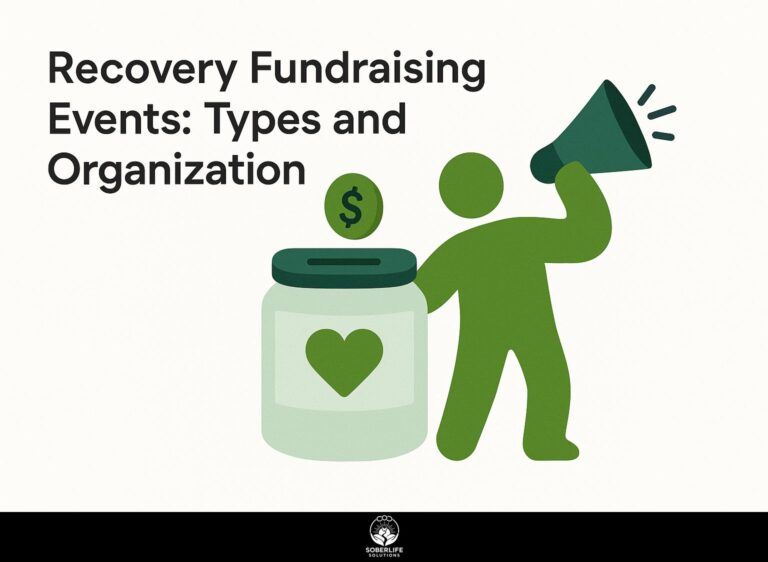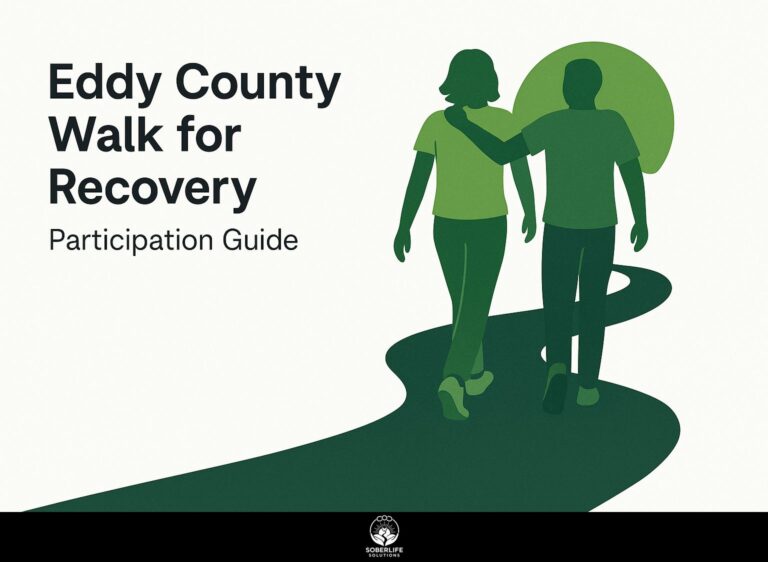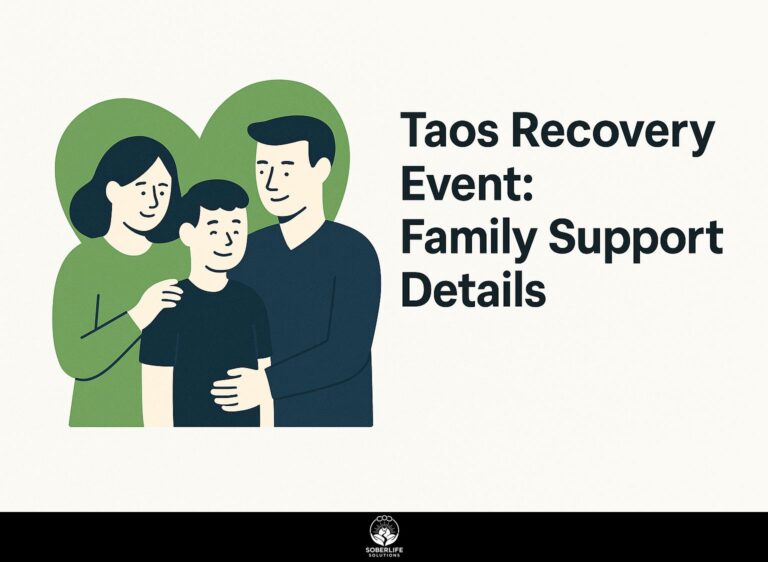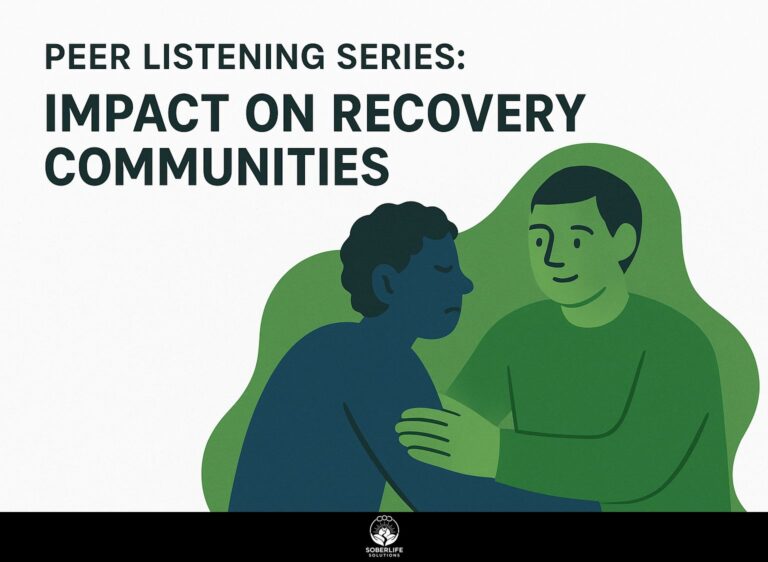Recovery Fellowship: Types and Benefits
Finding a supportive group is important in recovery because it builds connections and encourages social interaction among people facing similar issues. Organizations like Roots Recovery, Alcoholics Anonymous, and Narcotics Anonymous provide different types of support based on individual needs. This article looks at the kinds of recovery groups available, discussing their advantages and how they can aid your healing process. Learn how connecting with others can improve your recovery experience and strengthen your support system.
Key Takeaways:
- Recovery fellowships come in various forms, including peer support groups, faith-based options, and professional counseling programs, each catering to different needs.
- These fellowships offer important emotional help, encourage personal responsibility, and provide chances to learn new skills, improving the recovery process.
- Choosing the right fellowship involves evaluating personal needs and challenges, ensuring a supportive environment for effective recovery.
Types of Recovery Fellowships
Different recovery groups address specific needs, providing distinct methods for support and healing. For a deeper understanding of the types and benefits of these groups, you might find insights in the article from HelpGuide, which explains what to expect from different support options. Additionally, exploring the role of peer support networks in recovery can provide valuable insights into their importance and effectiveness.
Peer Support Groups
Support groups such as Alcoholics Anonymous (AA) and Narcotics Anonymous (NA) focus on personal stories to help members recover.
These groups create a structured environment for mutual accountability and support. Typically, meetings feature open discussions and guided formats such as the 12-step program, allowing members to share personal stories and strategies for coping.
To find local groups, tools like Meetup are very helpful because they show events based on particular interests or areas. Online options through platforms like Zoom have made it easier for people to connect, creating a sense of community no matter where they are.
Joining in can greatly strengthen emotional strength and dedication to personal growth.
Faith-Based Fellowships
Faith-based groups like Refuge Recovery include spiritual values in the recovery process, appealing to people who want a complete approach to healing.
These groups offer important emotional support by sharing experiences and encouraging one another, creating a sense of belonging. They usually hold regular meetings where members talk about personal growth, meditation, and prayer, helping participants build strength.
A local program called Celebrate Recovery provides specific resources to help with different addictions and supports a strong faith identity. Many faith communities offer mentorship, which helps build connections and encourages accountability and personal growth during recovery.
Professional Counseling Programs
Professional counseling programs offer structured therapeutic support, often incorporating evidence-based practices into recovery strategies.
These programs usually include customized treatment plans that focus on personal needs, helping with issues like anxiety or depression.
Techniques such as Cognitive Behavioral Therapy (CBT) focus on changing negative thought patterns, while Dialectical Behavior Therapy (DBT) helps manage emotional regulation.
Sessions typically cost between $100 and $200, so it’s essential to plan your budget accordingly.
To find qualified therapists, check out websites like Psychology Today. You can filter by specialties, insurance, and location to help you choose the best option for your needs.
Benefits of Recovery Fellowships
Joining recovery groups provides important support, including improved emotional well-being and practical life skills. To gain a deeper understanding of how these groups can enhance recovery experiences, you can explore the role of online peer support groups and their benefits.
Emotional Support
Recovery fellowships offer important emotional support and help people build connections that improve emotional control and mental well-being.
Engaging in these groups often leads to significant reductions in anxiety and depression. Studies show that participants experience up to a 40% decrease in anxiety levels over six months. According to the Mayo Clinic, support groups can play a crucial role in this process.
To make the most of these benefits, participate in active listening exercises where group members take turns being empathetic. Creating trust within the group can lead to more open conversations and help everyone share their feelings more effectively.
Establishing regular check-ins or sharing sessions can also strengthen connections, enhancing the overall effectiveness of support provided.
Accountability
Accountability is a cornerstone of recovery fellowships, helping members stay committed to their sobriety goals through mutual support.
To make the most of an accountability partnership, start by setting clear, specific goals together, such as attending weekly meetings or limiting social media use.
Use tools like shared calendars or task management apps such as Todoist to monitor your progress. Regular check-ins, whether each day or week, can help you stay focused.
Research shows that individuals in accountability groups are less likely to relapse, with some studies indicating a 30% reduction in relapse rates when accountability is present.
This reinforces the importance of regular communication and shared commitments for effective support.
Skill Development
Recovery fellowships often focus on essential skill development, equipping members with tools for personal growth and healthy lifestyle choices.
Important life skills learned during recovery are solving conflicts and controlling emotions. People can improve these skills by joining workshops like “Effective Communication Skills” or “Managing Emotions,” which are often offered at local community centers or online platforms like Coursera.
Group activities such as role-playing give people practical experience in handling conflicts and provide a safe environment to practice these skills. Participating in peer-led discussions can also help build these abilities, making the process of recovery a solid learning experience.
How to Choose the Right Fellowship
Selecting the right recovery fellowship involves considering personal values, needs, and the type of support desired.
Think about what you want for your recovery. If you want to join a group, Alcoholics Anonymous (AA) might work for you. If you’re new to AA, you might find it helpful to read our guide on what to expect at your first A.A. meeting. If you’d rather have a program that focuses less on spirituality, SMART Recovery could be a suitable choice.
Look up the beliefs and meeting formats of each option online. Then, go to introductory sessions for the fellowships you are considering to see how they operate in person.
Look at the community you are joining. Think about how friendly, welcoming, and committed the members are, as these factors can greatly affect your recovery process.
Challenges in Recovery Fellowships
Despite their benefits, recovery fellowships face challenges that can hinder progress if not addressed effectively. For instance, to tackle trust issues, establishing open communication by hosting regular sharing sessions where members can voice their feelings and experiences is critical. According to a comprehensive guide from HelpGuide, support groups can play a key role in resolving conflicts through methods like mediation or guided discussions. Those interested in enhancing their support systems might find our exploration of peer support networks and their importance for recovery particularly helpful.
- To tackle trust issues, establish open communication by hosting regular sharing sessions where members can voice their feelings and experiences.
- Use methods like mediation or guided discussions to resolve conflicts within the group.
- Hold educational sessions on addiction to clear up misconceptions about recovery and promote awareness among community members.
- Combat burnout by encouraging self-care and flexible commitment options, allowing members to participate at their own capacity.
These steps create a healthier and more supportive environment that improves recovery results.
Frequently Asked Questions
What is a Recovery Fellowship?
A Recovery Fellowship is a community for people recovering from addiction or mental health challenges. It provides a safe environment for sharing stories, finding resources, and offering support. The program usually includes different activities and support networks that help individuals grow and heal.
What are the different types of Recovery Fellowships available?
There are different kinds of Recovery Fellowships, such as 12-step programs, support groups, and faith-based initiatives. Each type offers unique methods for recovery, letting people select a fellowship that matches their personal beliefs and recovery objectives.
What are the key benefits of participating in a Recovery Fellowship?
Joining a Recovery Fellowship provides many advantages, including a supportive community, guidance from others who have faced similar challenges, and access to helpful resources. These programs help lessen feelings of loneliness and encourage personal responsibility during the recovery process.
How does a Recovery Fellowship contribute to long-term recovery success?
A Recovery Fellowship helps individuals maintain long-term recovery by creating a community where members feel they belong. Members share their experiences and learn from each other, which can increase motivation and strength. This support network is important for staying sober and dealing with the difficulties that come up during recovery.
Can anyone join a Recovery Fellowship, or are there specific requirements?
Most Recovery Fellowships welcome anyone looking for help in their recovery, no matter their background or situation. Some fellowships might have specific rules or target certain groups. It’s essential to look into and choose a fellowship that matches personal needs and goals.
How can I find a Recovery Fellowship near me?
You can locate a Recovery Fellowship in your area by looking through online directories, going to community centers, or contacting addiction support services. Many fellowships have websites or social media pages that share details about meetings and events, which helps you connect with a local group.






